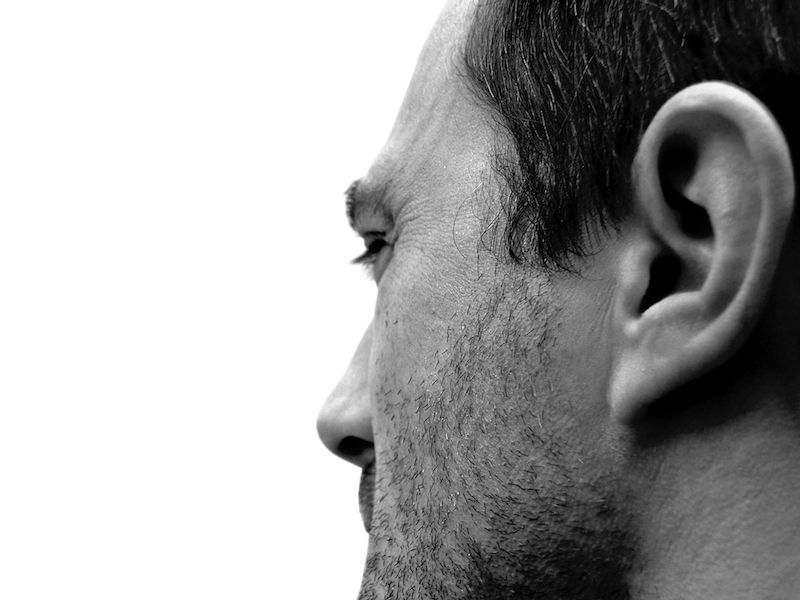
There is an inconsistency in symptoms of tinnitus; they seem to appear and disappear, sometimes for no apparent reason at all. Occasionally, it seems as if, for no recognizable reason what so ever, your ears just begin to buzz. No matter how much you lie in bed and think about the reason why you hear this buzzing, you can’t think of any triggers during your day: There is no noticeable reason why, at 9 PM, ringing is happening, no noisy music, no loud fire alarms, nothing.
So possibly the food you ate might be the answer. Generally we don’t associate the idea of food with hearing, but there’s a bit of research and evidence to suggest that certain foods can make tinnitus worse. The secret for you is understanding what those foods are, so you can avoid them.
Some Foods Which Trigger Tinnitus
So let’s get right to it. You want to identify which foods you should steer clear of so you can make sure you never have to go through one of those food-generated tinnitus episodes again. Some foods to stay away from might include:
Alcohol
Alcohol and tobacco should be at the top of the list of things to stay away from. Okay, alright, “tobacco” isn’t actually food, but if you want to reduce tinnitus flare up’s (and the intensity of those episodes), you’ll abstain from drinking and smoking as much as possible.
Both tobacco and alcohol products can have a substantial effect on your blood pressure (not to mention your total health). The more you drink (and smoke), the more likely your tinnitus will be to flare up.
Sodium
Your blood pressure is one of the most significant predictors of tinnitus flare ups. Your tinnitus gets worse when your blood pressure increases. That’s the reason sodium should absolutely be on your list of food foods to avoid. You’ll need to substantially decrease your sodium consumption whether you use salt on everything or you just love to eat french fries.
There are some foods that are remarkably high in sodium, too, including ice cream (which you don’t normally think of as tasting very salty). But to prevent any sudden tinnitus episodes you will want to keep your eye on sodium content.
Fast Food
It shouldn’t be shocking that you should stay away from fast food if you are avoiding sodium. The majority of fast-food places (even the ones that bill themselves as a healthier option) serve food that is loaded with salt and fat. And, clearly, your blood pressure and your tinnitus will be negatively affected by this type of diet. Fast food restaurants also tend to serve shockingly huge drinks, and those beverages are very high in sugar. Which brings up the next food you should avoid.
Sweets And Sugars
Candy is something that we all love. Well, maybe not everyone, but the majority of us. There is a very small portion of the populace that would actually prefer vegetables. We try not to pass judgment.
Sadly, the glucose balance in your body can be significantly disrupted by sugar. And a tiny disruption of your glucose balance can cause you to have a hard time trying to sleep. And the more you toss and turn, the more you start listening for that buzzing and ringing.
Caffeine
There is an obvious reason why we kept this one for last. Quitting this one is a tough pill to swallow. But using caffeine late in the day, whether from soda, tea, or coffee, can really wreck your sleep cycle. And the less quality sleep you get, the more likely your tinnitus is to flare up.
It’s actually the lack of sleep, not the caffeine that’s the issue. Switch over to a drink that doesn’t have caffeine at night and save your caffeine for the morning.
Discover What Works Best For You
This list is by no means comprehensive. You’ll want to consult your hearing professional about any dietary changes you may need to make. Let’s remember that dietary modifications affect everyone differently, so in order to monitor what is working and what isn’t, it may be a good idea to keep a food journal.
Moving forward you will have an easier time making smart decisions if you understand how certain foods affect you. When you begin to track what you eat, and what happens to your ears subsequently, you may begin to notice patterns, and that can take some of the mystery out of your tinnitus symptoms.
Then you will appreciate if you are going to regret that late cup of coffee.
